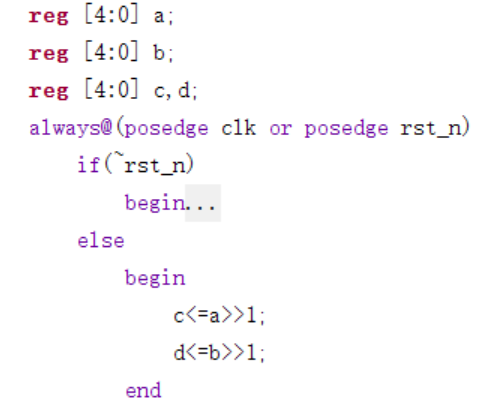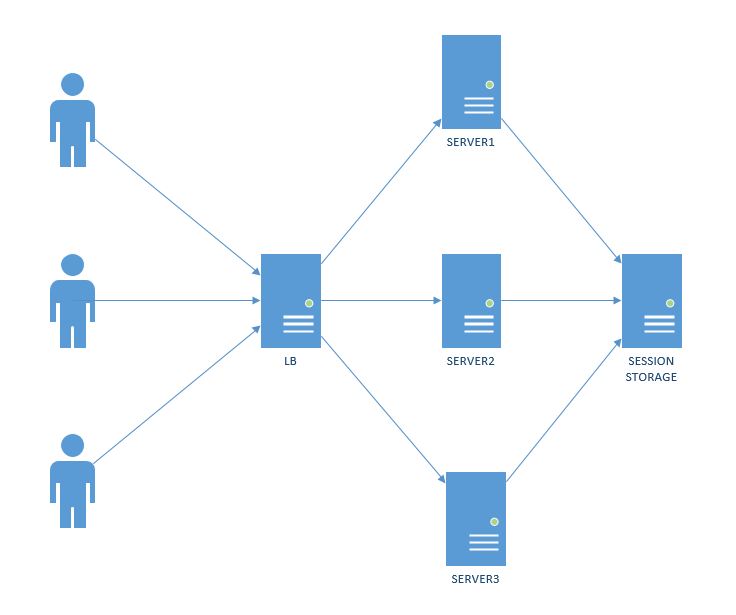(PAT 1059) Prime Factors (分解质因子)
Given any positive integer N, you are supposed to find all of its prime factors, and write them in the format N = p1k1×p2k2×⋯×pmkm.
Input Specification:
Each input file contains one test case which gives a positive integer N in the range of long int.
Output Specification:
Factor N in the format N = p1^k1*p2^k2*…*pm^km, where pi’s are prime factors of N in increasing order, and the exponent ki is the number of pi — hence when there is only one pi, ki is 1 and must NOT be printed out.
Sample Input:
97532468
Sample Output:
97532468=2^2*11*17*101*1291
解题思路:
分解质因子即可
这里1需要特判处理,因为程序不会输出1,所以如果输入的数字为1,那么就输出1=1
#include <iostream>#include <algorithm>#include <math.h>using namespace std;const int MAXN = 100010;long long primelist[MAXN];long long objNum;int num;int index = 0;struct factor {long long x, cnt;}facs[MAXN];bool isprime(long long num) {if (num <= 1) return false;for (long long i = 2; i*i <= num; ++i) {if (num % i == 0) return false;}return true;}//打表void primeTable() {for (int i = 2; i < MAXN; ++i) {if (isprime(i)) {primelist[index++] = i;}}}void getprimefactors() {num = 0;for (int i = 0; i < index; ++i) {if (objNum % primelist[i] == 0) {facs[num].x = primelist[i];facs[num].cnt = 0;while (objNum % facs[num].x == 0) {facs[num].cnt++;objNum /= facs[num].x;}num++;}}if (objNum != 1) {facs[num].x = objNum;facs[num].cnt = 1;num++;}}int main() {scanf("%lld", &objNum);long long printNum = objNum;primeTable();getprimefactors();if(printNum == 1){ //需要特判处理printf("1=1");return 0;}printf("%lld=", printNum);for (int i = 0; i < num; ++i) {if(facs[i].cnt == 1){printf("%lld",facs[i].x);}else {printf("%lld^%lld", facs[i].x, facs[i].cnt);}if (i < num - 1) printf("*");}return 0;}



































还没有评论,来说两句吧...